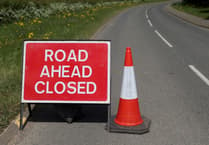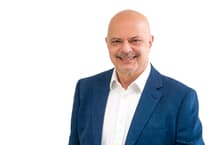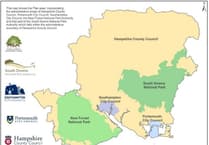Of all the budgets we have set during my time as leader of East Hampshire District Council this has been the toughest.
The last few years have seen financial pressures piling in from all directions – from Covid, to international conflicts – we have all been buffeted by shock after economic shock.
But we should be in no doubt that things are going to get tougher.
For some local authorities, already weakened by a decade of austerity and under-funding, the effects of the last few years have been catastrophic.
Since 2021 ten councils around the country have filed for a Section 114 – that’s council talk for bankruptcy – while others teeter on the edge.
Closer to home, Hampshire County Council is currently discussing how it can escape a £132 million shortfall by April 2025.
Central funding to local authorities has been drastically reduced over the last 10 years and more. Perhaps the Government saw councils as an easy target, a safe way to save public money as we bounced back from the credit crunch of 2008.
Meanwhile inflation has far outpaced any council’s ability to increase council tax, placing more emphasis on our ability to generate income for ourselves.
And the more our residents struggle to make ends meet the more they need our help, placing greater demand on stretched services.
Set against that financial context it is not surprising that so many councils are struggling.
Thankfully, EHDC’s financial position is comparatively strong when set against neighbouring authorities.
Our services are robust and improving and we can still invest in important services such as waste collection and welfare, rather than make cutbacks.
Last week the council agreed to increase our share of the council tax by £5 a year, that’s a rise of 10p a week.
At £146.92 for a Band D property our council tax is the third lowest in Hampshire.
The key to running a successful organisation is recognising the challenges we have to face, not just now or in the coming year, but over the next two or three years.
The position we are in now is the fruit of a long-term strategy that has been in place for two years and more, ensuring that the organisation runs as efficiently as possible.
As a result we have been able to keep our finances stable and set a budget of prudence and precaution. One that keeps a weather eye on the future while owing a debt of thanks to the plans of the past.
The next two or three years will undoubtedly be more challenging still. It is going to be tough for a lot of residents and our job is to make sure we are in a position to help them as much as we can.





Comments
This article has no comments yet. Be the first to leave a comment.